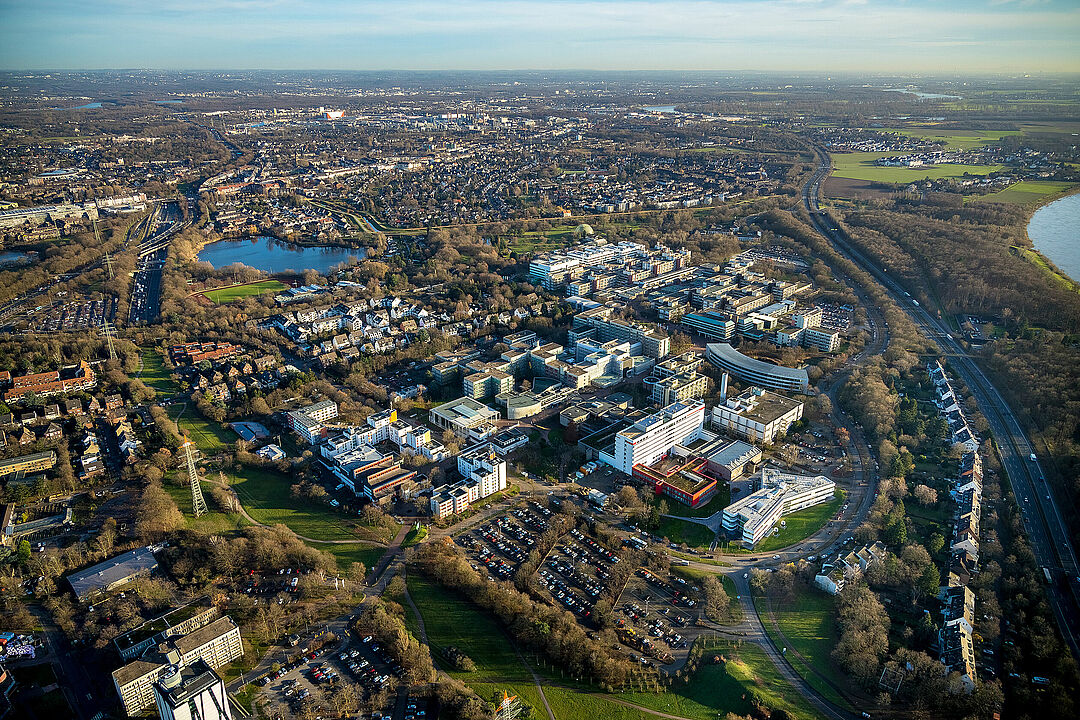The University uses a lot of energy: Its annual electricity consumption is equivalent to approx. 8,350 four-person, single-family homes and its heating requirements are equivalent to around 1,900 single-family homes (figures from 2019). That is high compared with normal residential buildings as the technical equipment in the laboratories and cooling systems use additional energy.
How and where can we reduce energy consumption? You can find initial answers on the new energy saving website. A distinction is made between technical and individual measures. The Chancellor and the Facility Management Division have defined the following criteria for evaluating savings measures:
• Effectiveness of the measure
• Possibility of implementation within a few days
• Number of people affected
• Impact on comfort and operations
• Impact on personal safety
Next steps
In addition to simple technical alterations and other modifications – such as shorter opening times for buildings – large-scale operational measures are being analysed and those which offer effective savings potential and straightforward implementation will then be selected. Ensuring safety remains the most important aspect, i.e. (parts of) buildings are being closed rather than operated on an unsafe basis.
“Naturally, we want and need to make significant energy savings in the current situation through these steps,” says HHU Chancellor, Dr Martin Goch. “At the same time, they will enable us to achieve significant sustainability effects. However, when it comes to the selection and intensity of measures, we always take care to ensure that the impact on HHU students and employees remains tolerable.”
Practical tip: Lights in unused rooms
When is it worthwhile to switch off the lights on leaving a room? The answer is clear: Always, even if it’s only for a few minutes – particularly if you have LED lighting as it offers maximum brightness immediately after being switched on, even at low temperatures. LEDs are also less sensitive to being switched on and off frequently.
You can find up-to-date information on the new website:


